Business
Assessing Cardoso’s First Year as CBN Governor: Achievements and Challenges
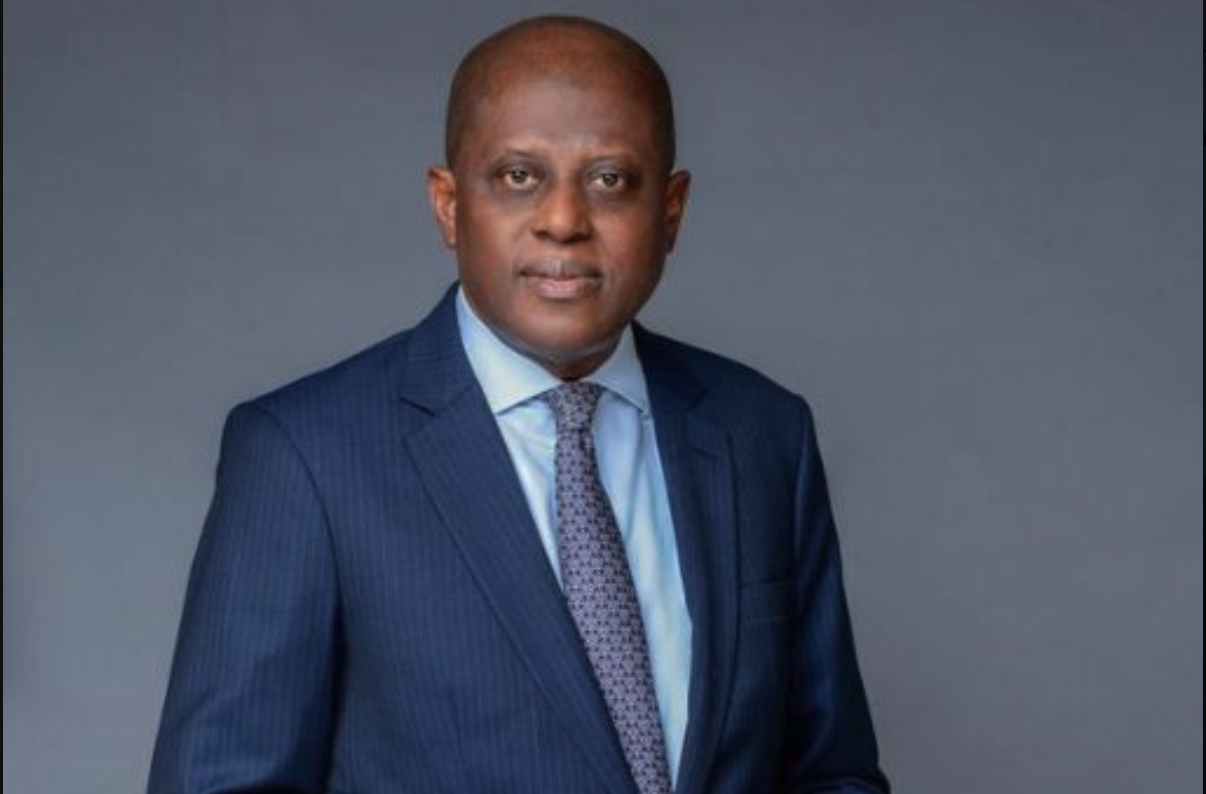
On September 23, 2023, Mr. Olayemi Cardoso took office as Governor of the Central Bank of Nigeria (CBN), stepping into a challenging economic landscape following the resignation of his predecessor, Godwin Emefiele. Cardoso’s tenure has been marked by efforts to stabilize Nigeria’s volatile economy, amid the fallout from the removal of the petrol subsidy and the naira float policy, which contributed to inflation and a weakened naira.
Key Measures and Reforms
1. Bank Licensing and Expansion: Cardoso’s CBN issued several new banking licenses and approvals, including those for national commercial banks, non-interest banks, and microfinance institutions. The sector witnessed re-licensing of 53 previously revoked banks and new operational approvals for five finance companies.
2. Recapitalization and Regulatory Reforms: In November 2023, the CBN introduced new capital thresholds for banks, to be met by March 2026, along with guidelines for Bureau de Change operations. These measures aim to enhance foreign exchange distribution and oversight.
3. Consumer Protection: Under Cardoso’s leadership, the CBN resolved 76.58% of customer complaints and facilitated refunds totaling over N7 billion. The introduction of the Unified Complaints Tracking System and the We-FI Code sought to bridge the gender gap in financial inclusion.
4. Cybersecurity and AML Measures: The CBN implemented ISO 27001 standards and updated anti-money laundering frameworks to accommodate virtual assets and strengthen resilience against financial crimes.
5. Monetary Policy and FX Market: Cardoso’s CBN streamlined Nigeria’s FX market, addressing a $7 billion backlog in FX forwards and reducing volatility. External reserves increased to $37.9 billion by July 2024. The CBN also revised regulatory frameworks to support monetary policy and stabilize the financial system.
Economic Impact and Criticism
Despite these reforms, the Nigerian economy has faced severe challenges. The naira hit an all-time low, and inflation remained high, driving up food costs and deepening the financial struggles of citizens. Cardoso, however, remains optimistic, describing the situation as a “correctional” phase necessary for long-term transformation.
Experts like Dr. Muda Yusuf, Director General of the Center for Promotion of Private Enterprise (CPPE), commended Cardoso for improving corporate governance and transparency, particularly in foreign exchange transactions. However, Yusuf expressed concerns about the CBN’s extreme monetary tightening, which has hurt investment and financial intermediation, with interest rates soaring between 28% and 35%.
Yusuf also criticized the complete liberalization of the currency, arguing that some level of control is necessary for developing economies like Nigeria’s. He highlighted concerns over capital flight, corruption, and money laundering, which exacerbate pressure on the naira.
Future Outlook
Cardoso’s first year as CBN Governor has been a mixed bag of regulatory reforms and economic turbulence. While his efforts to restore confidence in Nigeria’s financial system have been noted, significant challenges remain, particularly in curbing inflation and stabilizing the naira. As Cardoso continues to implement his strategic plans, experts hope for more effective interventions to ease the burden on Nigerians and foster economic growth.
Business
Shehu Sani Criticizes World Bank Over Nigeria’s Economic Outlook
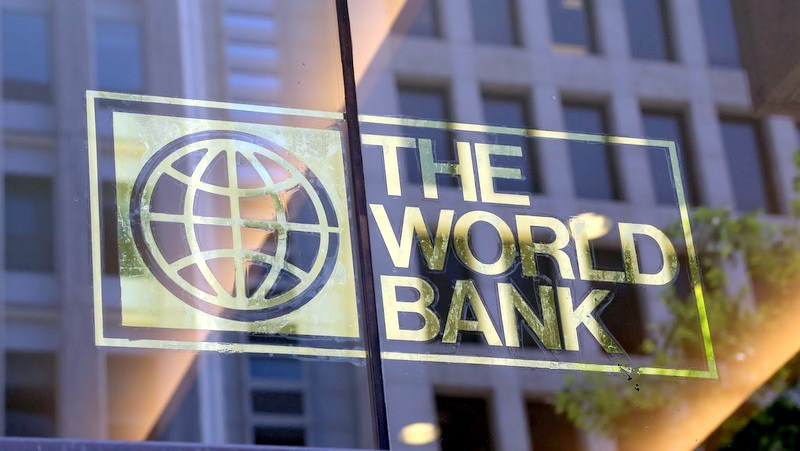
Former Kaduna Central Senator Shehu Sani has criticized the World Bank for worsening Nigeria’s economic difficulties. In a post shared on X, Sani accused the institution of projecting that Nigeria’s hardship would extend for another 15 years before the country could reach a better economic future. He questioned how many Nigerians would be left to enjoy that future, and how many African nations the World Bank has successfully helped to prosperity.
Sani’s remarks follow the World Bank’s latest *Africa’s Pulse* report, which forecasts that the Nigerian Naira will be among the worst-performing currencies in Sub-Saharan Africa by August 2024. The report placed the Naira’s decline alongside that of the Ethiopian Birr and South Sudanese Pound.
Business
HIG: Building Trust and Driving Innovation in Nigeria’s Insurance Market

Heirs Insurance Group (HIG) recently announced impressive financial results for the 2023 fiscal year, marking significant growth across all key metrics. The Group’s Gross Written Premium (GWP) surged by 59.3%, from N19.9 billion in 2022 to N31.7 billion in 2023. This remarkable performance underscores HIG’s resilience and operational efficiency, further solidifying its position as one of Nigeria’s fastest-growing insurance firms.
Heirs General Insurance (HGI) saw a 77% increase in GWP, reaching N12 billion in 2023. HGI’s profit before tax (PBT) also rose by 203%, reflecting the company’s effective cost management. Similarly, Heirs Life Assurance (HLA) reported a 71% GWP increase and a staggering 395% rise in PBT. Both companies have demonstrated a strong commitment to customer satisfaction, disbursing billions in claims.
Beyond financial success, HIG actively engages in corporate social responsibility (CSR) projects, contributing over N100 million to education, community development, and financial literacy. With plans for future expansion and innovation, HIG is poised to remain a key player in Nigeria’s evolving insurance market.
Business
Wike Urges Nigerians to Pay Taxes for Improved Social Services
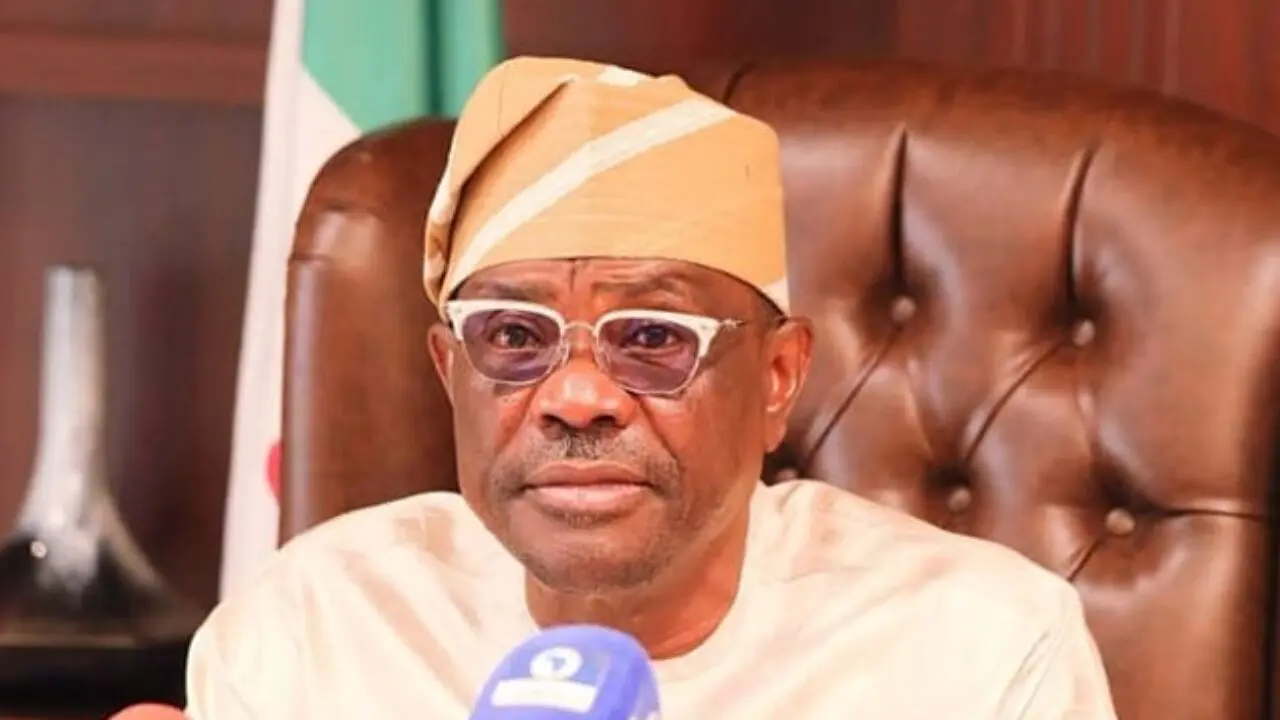
Federal Capital Territory (FCT) Minister, Nyesom Wike, has called on Nigerians to fulfill their tax obligations, emphasizing that government revenue is essential for delivering social services. Wike made this appeal during the inaugural Abuja Business and Investment Summit, held in Abuja on Wednesday.
Speaking on the summit’s theme, “Optimising Investment Through Partnerships,” Wike stressed the importance of collaboration to generate investment opportunities. He dismissed the misconception that the government does not need revenue, explaining that taxes are crucial for funding public services.
Wike reiterated that both investors and the government must benefit from such partnerships, ensuring that both parties “go home smiling” through a fair exchange of services and taxes.
-
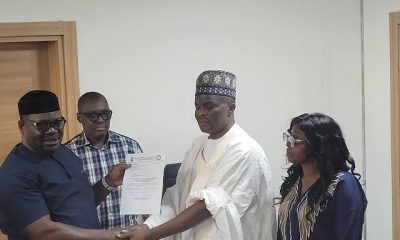
 Business14 hours ago
Business14 hours agoOkpella Monarch: Obaseki Ratified Kingmakers Decision, End 5years leadership Vacuum
-

 Banking10 hours ago
Banking10 hours agoFree Food Saga: Akpabio quoted out of context-CSO
-

 Foreign15 hours ago
Foreign15 hours agoSci-tech innovation fuels China’s high-quality development
-

 Entertainment7 hours ago
Entertainment7 hours agoDavido Declares ‘Timeless’ His Best Album
-

 Entertainment7 hours ago
Entertainment7 hours ago‘Adire’ Secures Four Nominations at the Best of Nollywood Awards
-
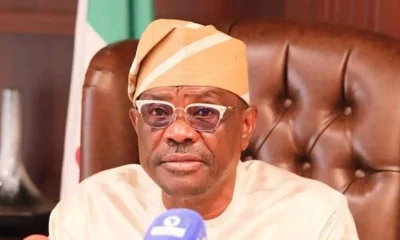
 Business7 hours ago
Business7 hours agoWike Urges Nigerians to Pay Taxes for Improved Social Services
-

 Foreign9 hours ago
Foreign9 hours agoQinling Mountains better safeguarded with comprehensive digital platform
-
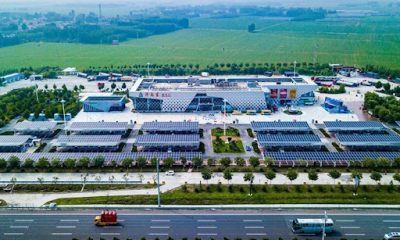
 Foreign9 hours ago
Foreign9 hours agoExpressway service station in Shandong achieves carbon neutrality






